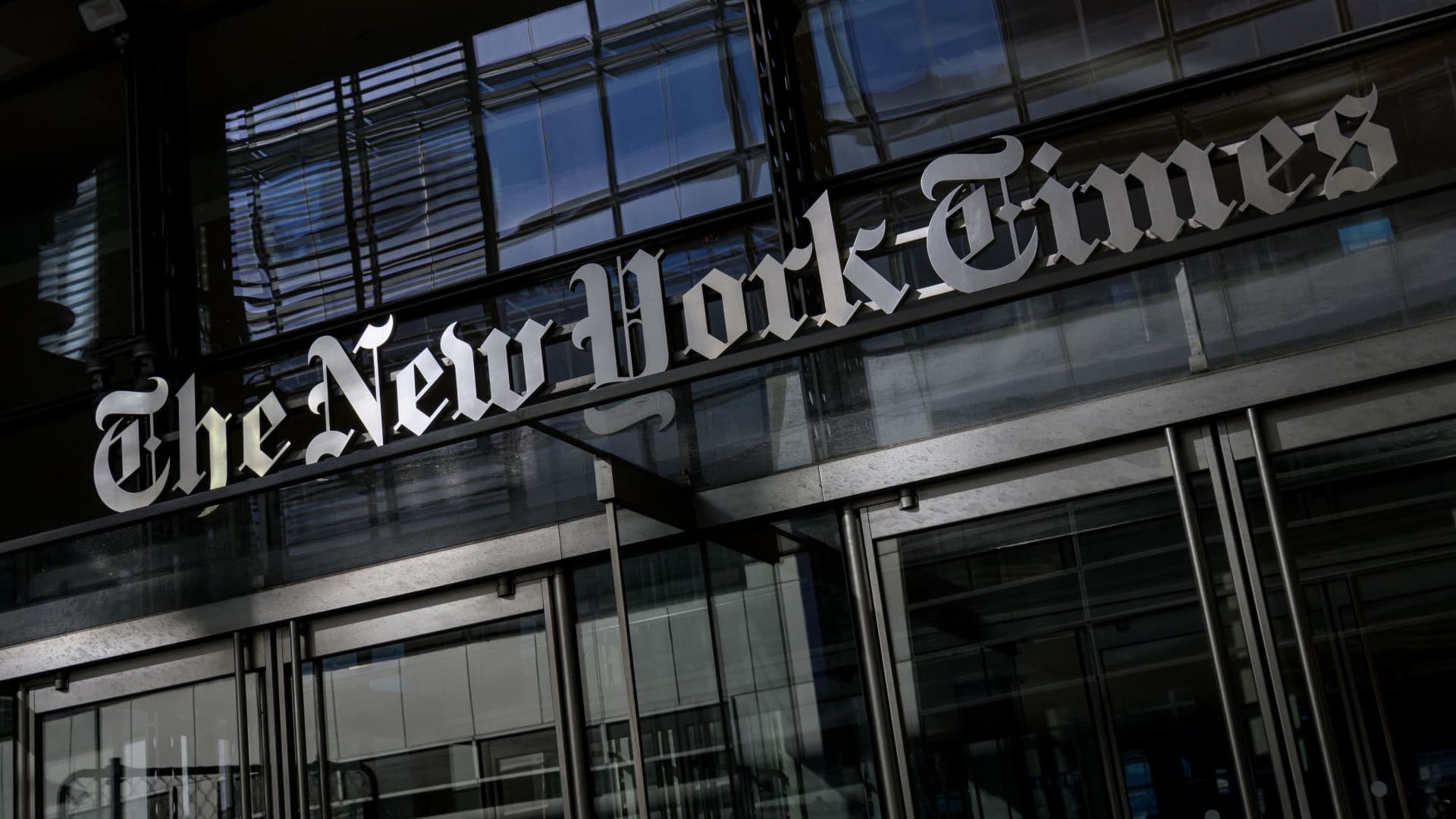The legal complaint filed by The New York Times on Wednesday alleges that Microsoft and OpenAI, the developers of the ChatGPT AI chatbot, have infringed on copyrights and misused the newspaper’s intellectual property to train extensive language models. OpenAI, leveraging Microsoft’s Azure cloud computing technology, purportedly accessed and employed The Times’ content without proper authorization.
Initiated in the U.S. District Court for the Southern District of New York, the lawsuit aims to hold Microsoft and OpenAI accountable for the significant financial and reputational harm that The Times asserts has resulted from the unauthorized use of its valuable content.
While recognizing the potential advantages of AI technology in journalism, The Times underscores the necessity of securing consent for the commercial utilization of literary content sourced from original materials. The publication contends that its meticulously researched and costly verified news and information are safeguarded by copyright regulations that require prior consent for commercial exploitation.
With legal representation from the esteemed law firm Susman Godfrey, renowned for its successful advocacy for Dominion Voting Systems in a prominent defamation case against Fox News, The Times, alongside author Julian Sancton and other writers, is pursuing legal recourse against OpenAI and Microsoft for allegedly incorporating copyrighted materials in the development of various versions of ChatGPT without proper authorization.
The lawsuit portrays Microsoft and OpenAI’s actions as “widespread rights infringements,” underscoring the ethical and legal ramifications of utilizing copyrighted content to train sophisticated AI models like GPT. This conduct raises apprehensions among media entities and authors whose original creations may be duplicated or repurposed without consent.
Although OpenAI’s recent pact with Axel Springer permits the authorized use of content for AI advancement, signifying a step towards addressing publishers’ concerns regarding the unauthorized exploitation of their intellectual property, The Times’ legal action highlights the persistent challenges encountered by content creators in protecting their rights against unauthorized usage in the dynamic realm of AI technology.






